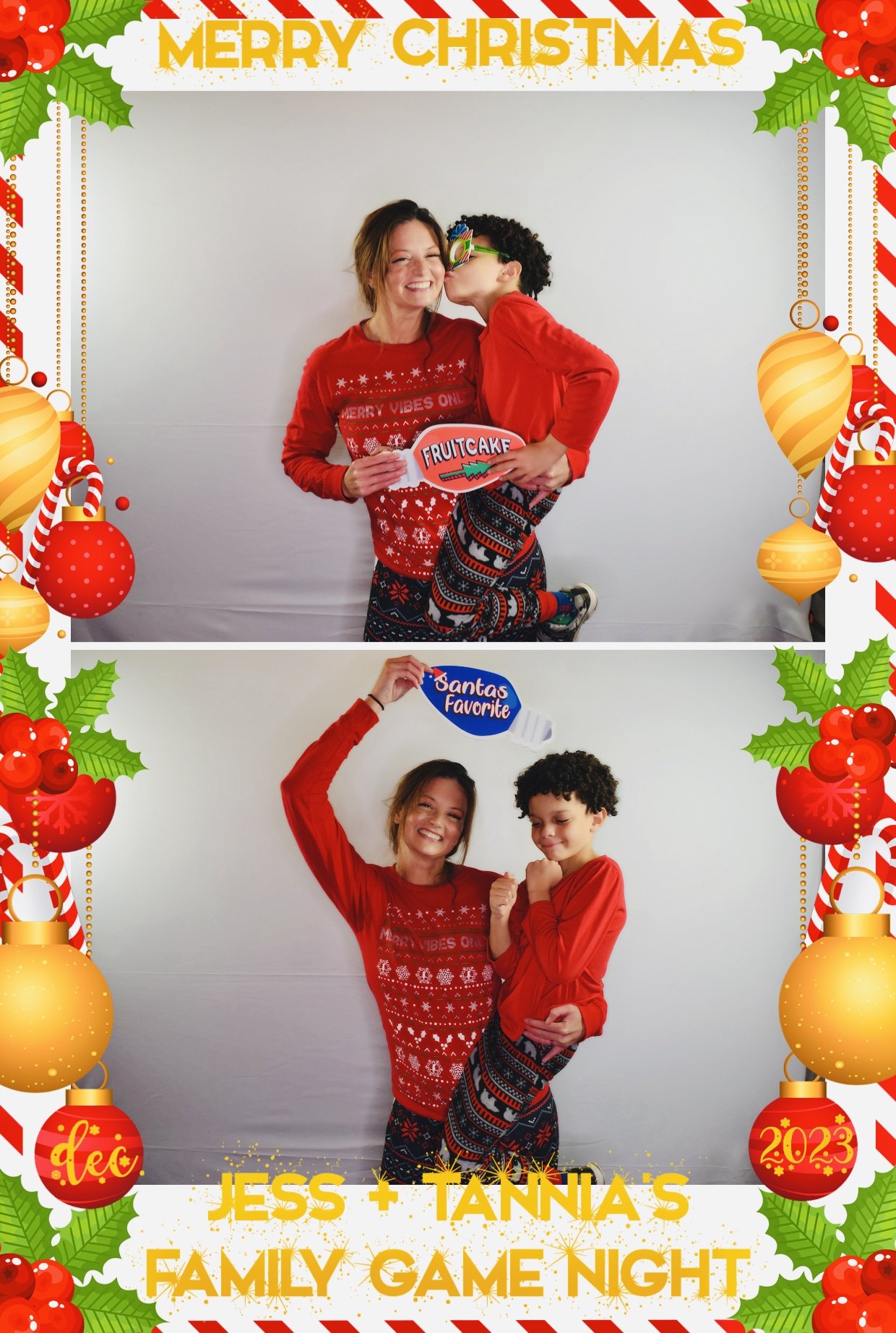Embracing Cultural and Personal Holidays
The holiday season often evokes a mix of emotions—joy, nostalgia, stress, or even sadness. One way to navigate these feelings is by reconnecting with cultural and personal traditions that offer comfort, grounding, and a sense of belonging. By embracing meaningful customs, you can enhance your mental well-being during this festive but sometimes overwhelming time.
The Power of Traditions for Mental Health
Holiday traditions—whether cultural, religious, or personal—can act as emotional anchors. They provide:
• Stability and Routine: Familiar rituals offer predictability, which can be comforting in uncertain or stressful times.
• Connection: Celebrating traditions fosters togetherness, whether with family, friends, or community, combating feelings of loneliness.
• Meaning and Purpose: Engaging in rituals that reflect your values or heritage can create a sense of identity and fulfillment.
Cultural Traditions: Honoring Heritage and Diversity
Different cultures have unique ways of celebrating the holidays, and participating in these can deepen your sense of connection to your roots. Here are a few examples:
• Lighting Candles: In Hanukkah, Kwanzaa, or Advent traditions, lighting candles symbolizes hope and remembrance, offering a calming, meditative experience.
• Feasting and Food Sharing: Many cultures gather around special meals, from tamales during Las Posadas to traditional sweets like panettone or baklava, emphasizing nourishment and togetherness.
• Acts of Service: Cultures worldwide emphasize generosity during the holidays. Volunteering or engaging in acts of kindness can boost your mood and foster gratitude.
Personal Traditions: Creating New Rituals
If traditional celebrations feel distant or stressful, creating your own rituals can be equally powerful. Consider these ideas:
1. Mindful Mornings: Start each day with a quiet reflection, journaling about gratitude, or simply enjoying a warm beverage in peace.
2. Memory-Making Moments: Create scrapbooks, write letters to future you, or craft homemade decorations that hold personal meaning.
3. Solo Celebrations: If you’re alone, design your own tradition—watching a favorite movie, taking a nature walk, or cooking a special meal.
Navigating Holiday Challenges
While traditions can be uplifting, they can also bring stress if expectations are too high or family dynamics are challenging. To keep mental health in focus:
• Set Boundaries: Limit participation in traditions that feel draining or overwhelming. It’s okay to say no.
• Adapt Traditions: Modify customs to fit your current needs. For instance, host a virtual gathering if travel is stressful.
• Seek Support: If the holidays are difficult, reach out to friends, support groups, or mental health professionals.
Finding Joy in Simplicity
Remember, the most meaningful traditions are often simple. A quiet evening with loved ones, a shared meal, or a moment of reflection can bring more peace than elaborate celebrations.
Cultural and personal holiday traditions offer a pathway to connection, peace, and joy, helping to nurture mental well-being during the holidays. Whether honoring heritage or inventing new rituals, focus on what brings you comfort and happiness. Let your traditions, however big or small, be a source of healing and joy this holiday season.
Do you have any specific traditions or rituals you’d like to explore or incorporate?
